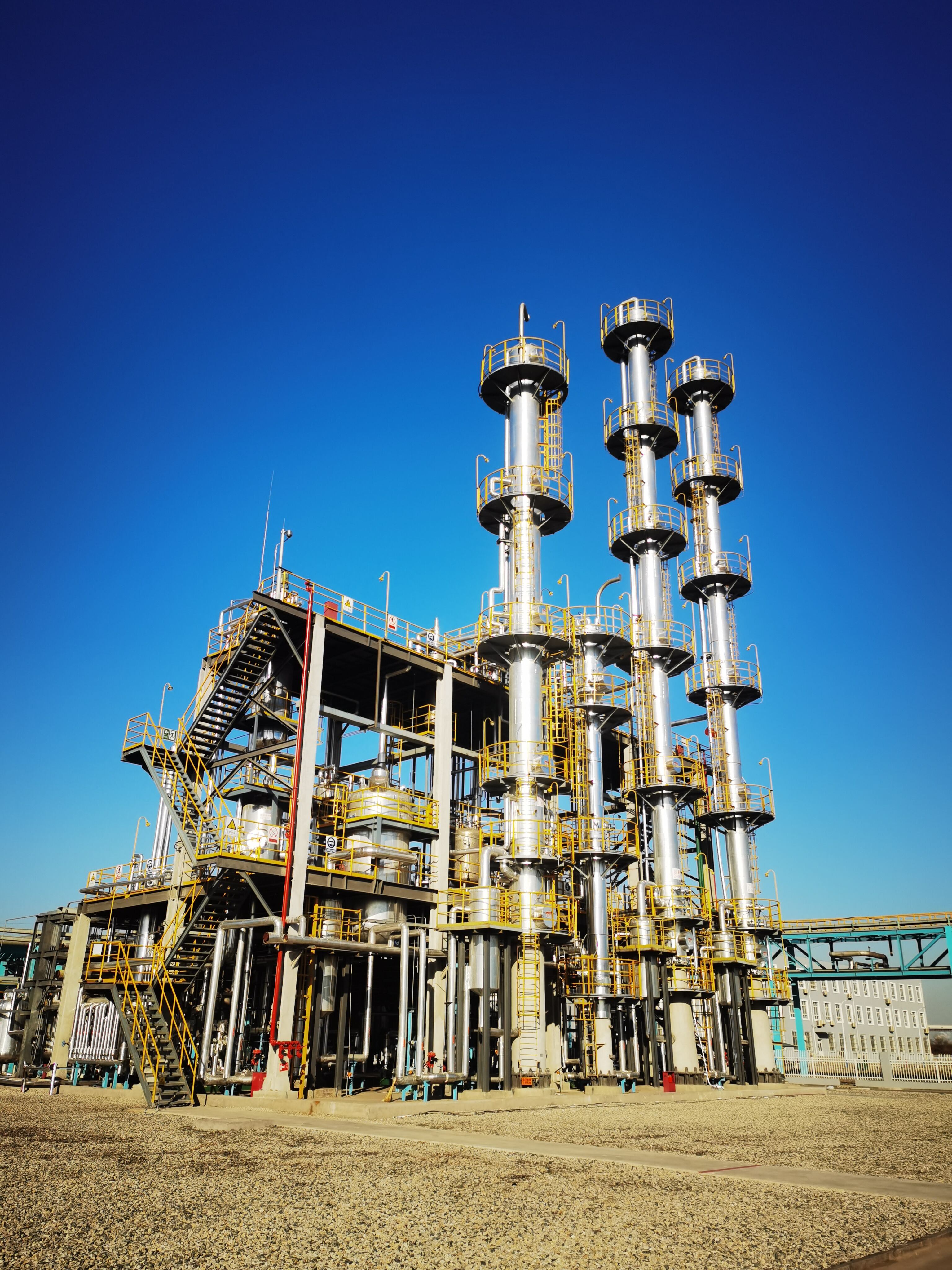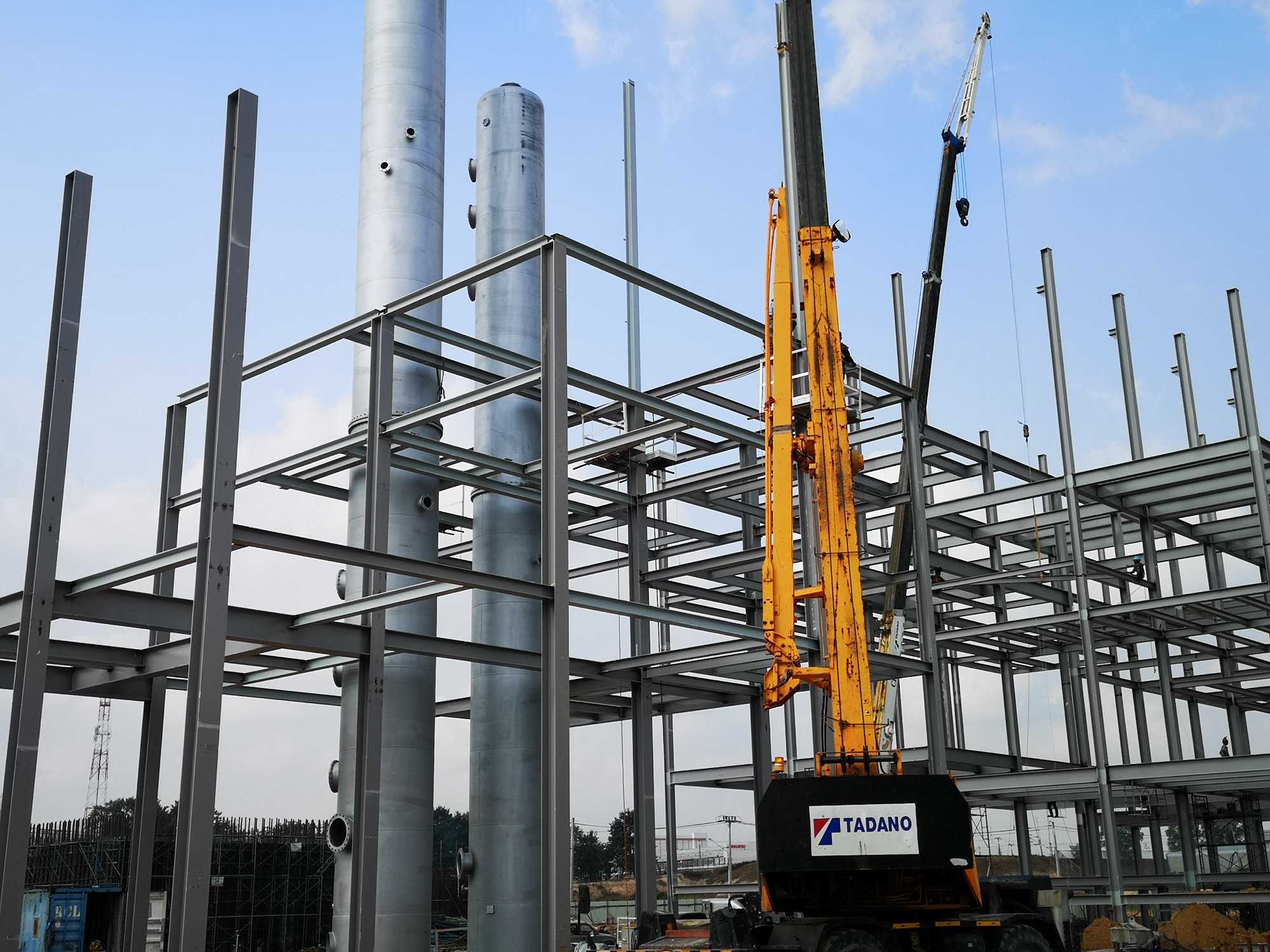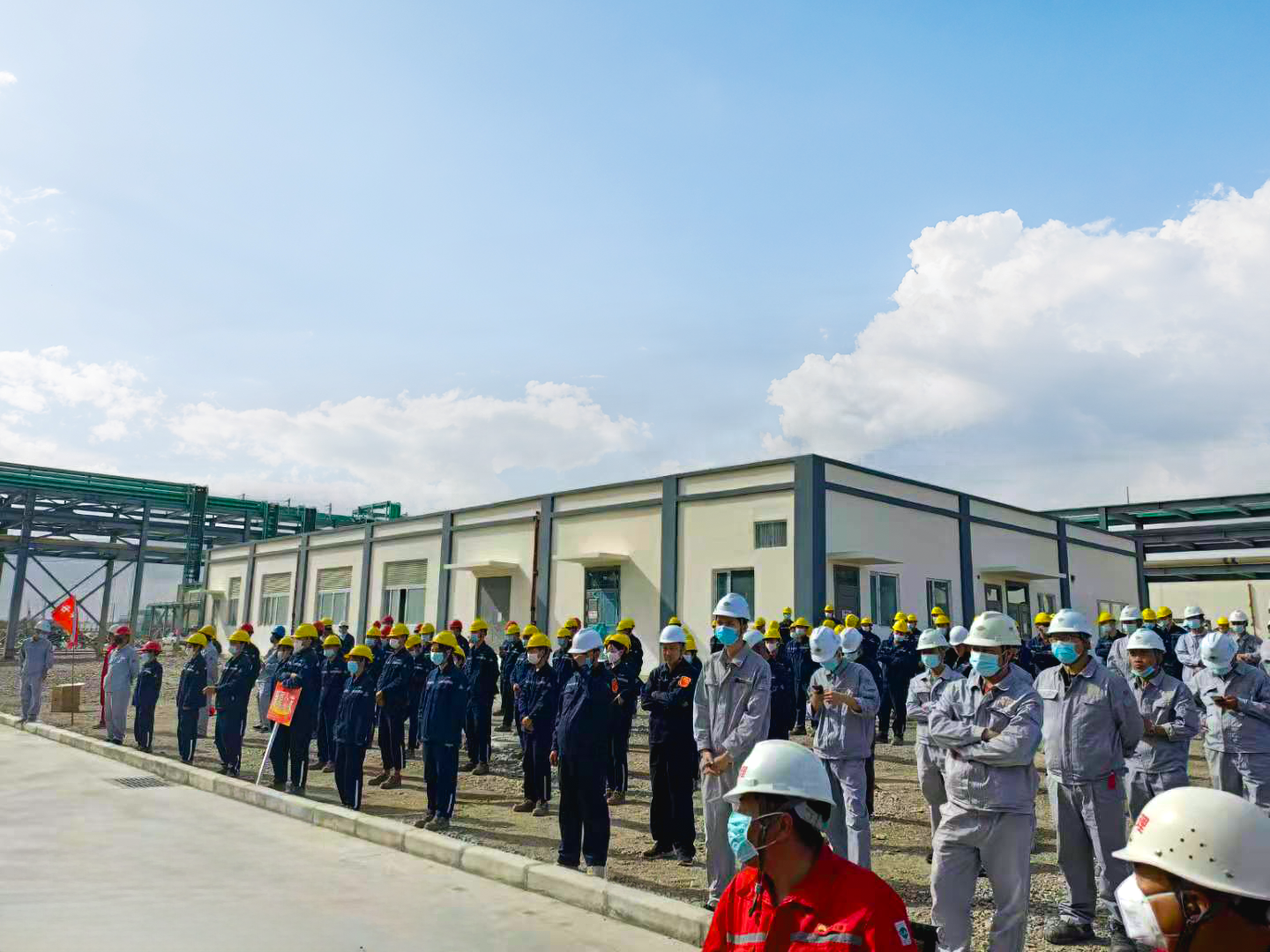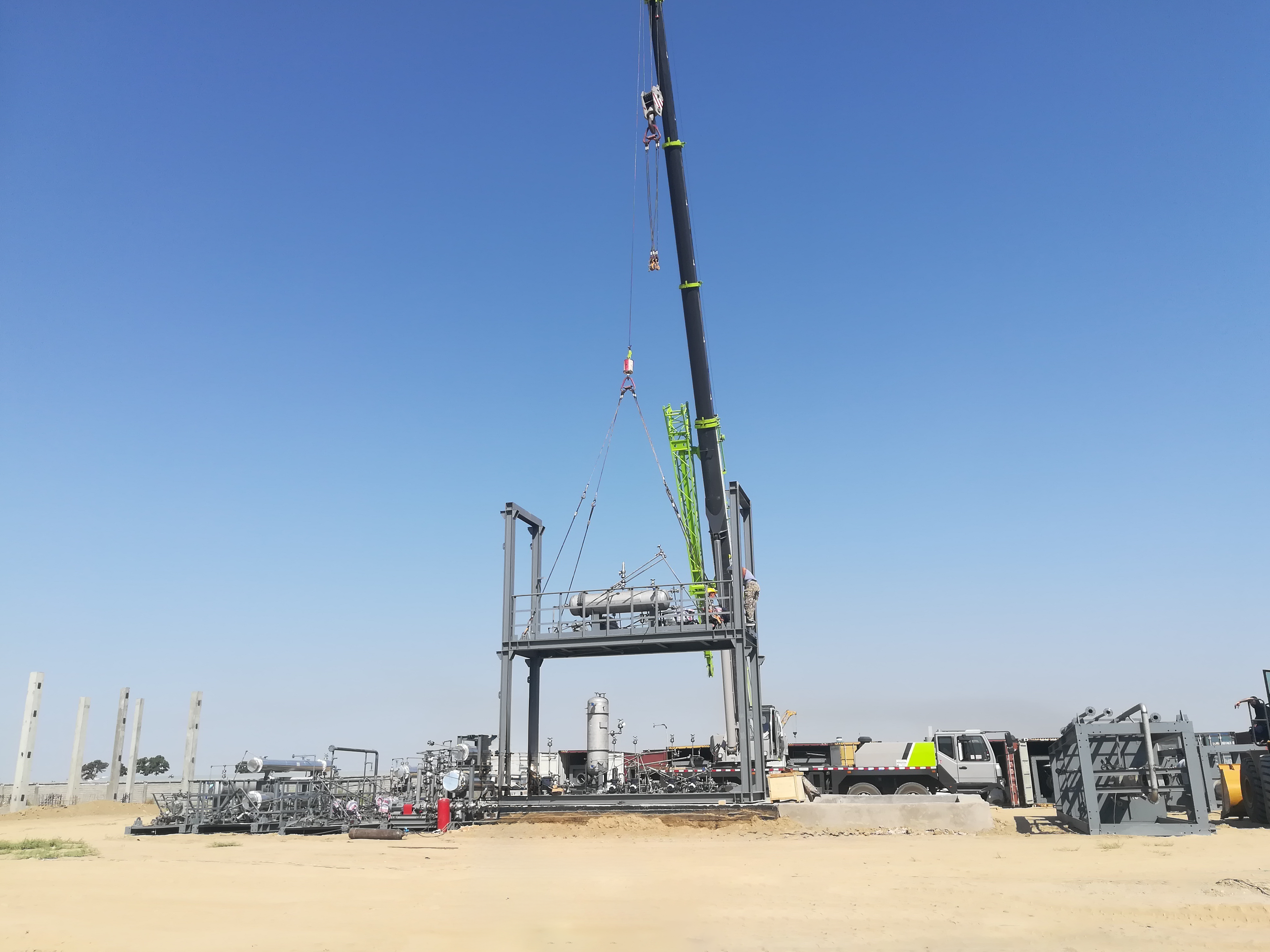
The company integrates process intensification principles to drive innovation in chemical engineering design, combining multi-scale modeling with advanced control strategies. Using Aspen Plus and gPROMS simulation tools, processes are optimized for mass and energy integration, such as reactive distillation columns that achieve 99% conversion in esterification reactions while reducing equipment footprint by 40%. Heat integration networks are designed using pinch analysis to recover up to 90% of process waste heat, with organic Rankine cycles (ORC) deployed for power generation. Model predictive control (MPC) systems are implemented to manage complex dynamics, such as maintaining reactor pressure within ±0.5 bar during exothermic polymerizations. Case studies include a 200 kt/year methanol plant where process intensification reduced energy consumption by 15% and capital costs by 12% through integrated synthesis and CO₂ capture.


